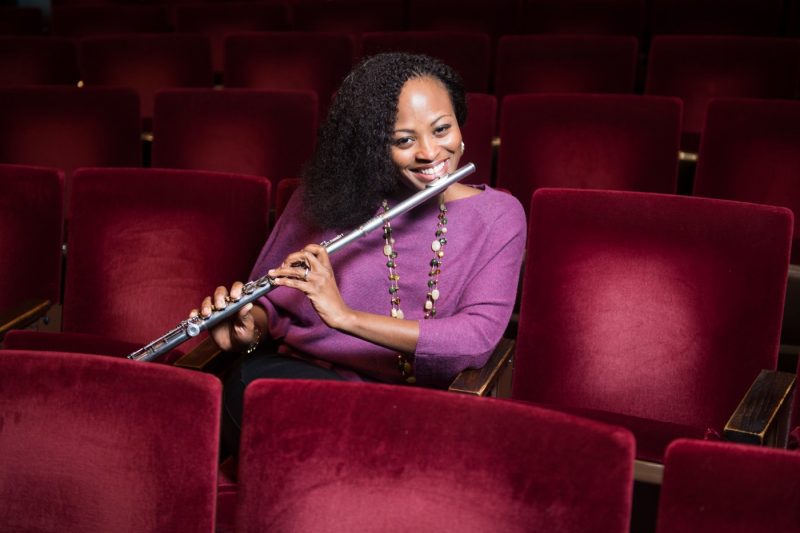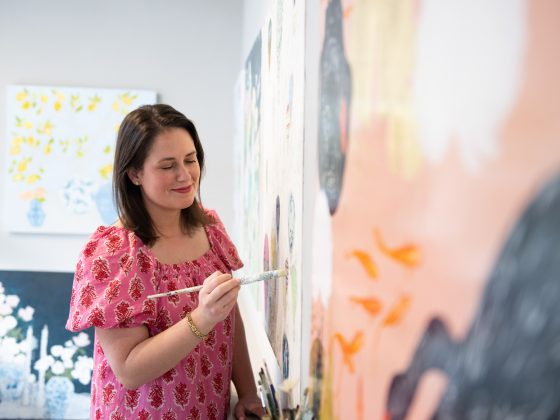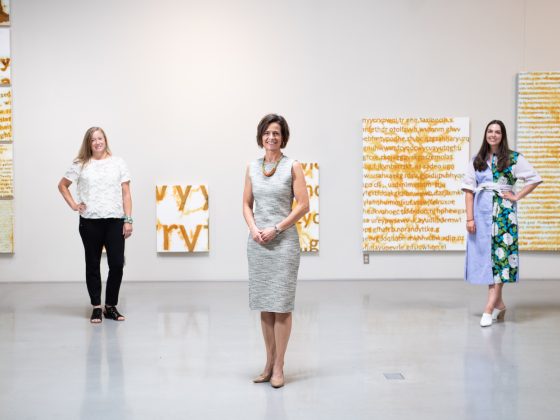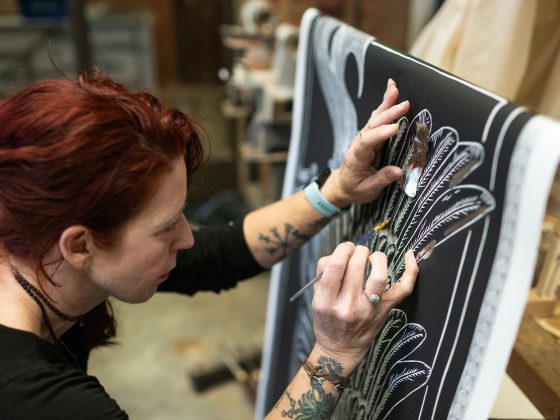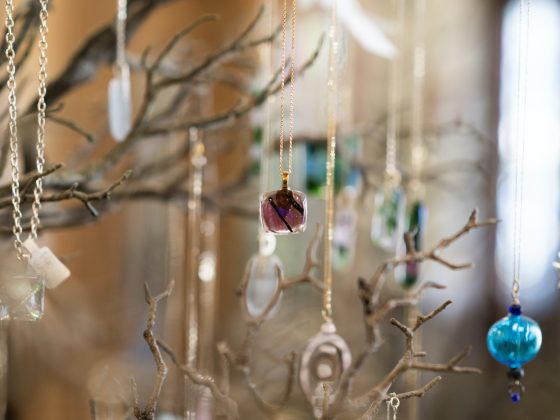Jazz, it’s been said, is music for the soul; when renowned New Orleans musicians Lonnie and Ocie Davis moved to Charlotte after Hurricane Katrina, that was exactly what they needed. There was just one problem: There was no centralized space for jazz musicians to go, and the jazz scene in Charlotte was very segmented. Most troubling was the fact that there was no emphasis on music education, specifically in jazz.
These voids prompted the two to pull their resources from New Orleans and combine them with their vast musical talents to create an organization that could both support live jazz and provide a program focused solely on jazz education. Since 2009, their Jazz Arts Initiative has done just that, becoming Charlotte’s center for soul.
Today the organization focuses on three main areas: to provide the city with quality live jazz music, to provide jazz education to Charlotte’s youth, and to offer musician support. They do this with the help of volunteers and their board of directors, including board member Bill Evans and Chairman of the Board Ronnie Bryant. Both are involved in the planning of programs and events, including the Jazz Room, which is a monthly performance dedicated to showcasing talented jazz musicians.
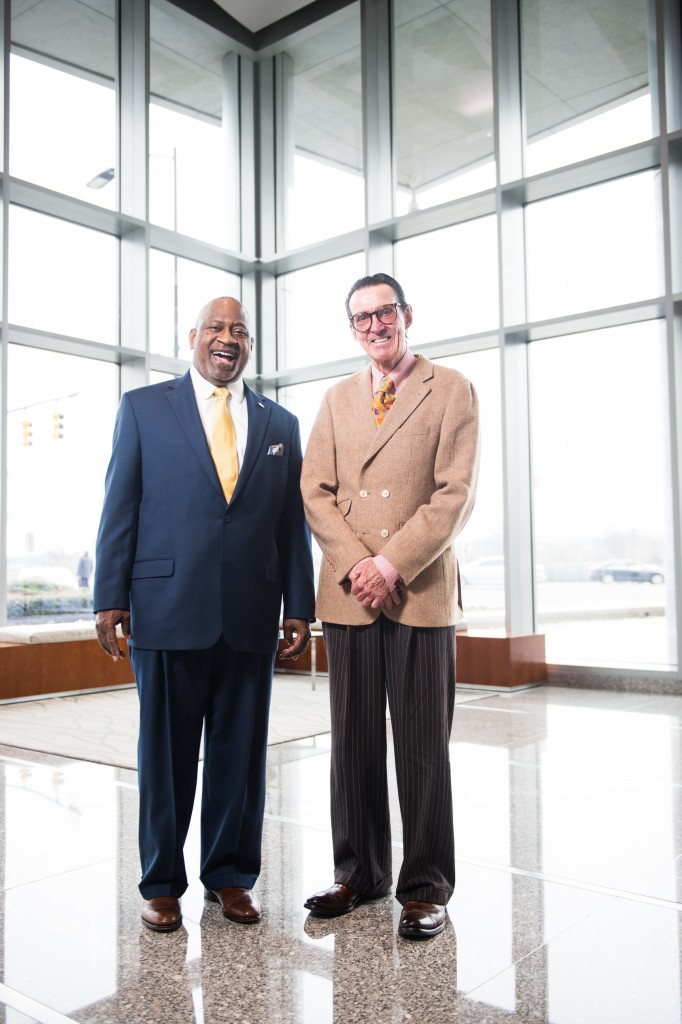
“It is our premier performance,” explains Ronnie, “we have it the third Friday and Saturday of every month, including two shows each night. We have a feature artist along with a local musician playing the music of a famous (and in most cases deceased) musician, like Miles Davis.”
These performances, which have shaped the jazz music scene in Charlotte, were some of the first of their kind. They have also greatly increased jazz engagement in the city, often selling out of seats.
Lonnie, Co-Founder and current President, explained that even though jazz was sparse when they first started the initiative, there was still a lot of enthusiasm from the very beginning. The city of Charlotte has been very supportive of what they’re doing, especially with the city’s youth.
“One of our main focus areas even today is jazz education,” she explains. “That’s very important to us as an organization. That is the future of music; without educating a new generation of audience members and musicians this music won’t live on. It all comes back to education.”
Their education program, Jazz Academy, has reached 15,000 students in the last academic year, and includes everything from the Jazz Arts Music Camp to workshops and assemblies. Even in the Jazz Room concert series, they are still educating their audience.
“We’re sharing the music not just with young people, but with adults as well,” says Lonnie.
You can learn more about the Jazz Arts Initiative, including ways to get involved and attending upcoming performances, on their website: www.thejazzarts.org


